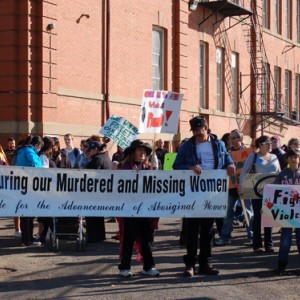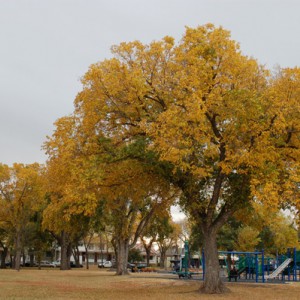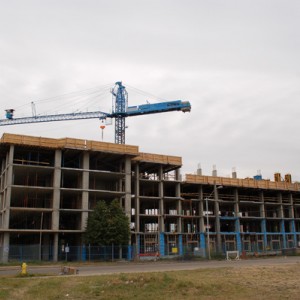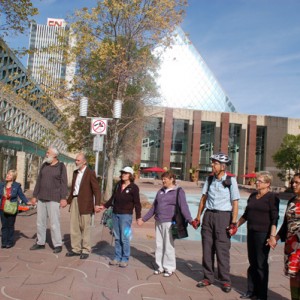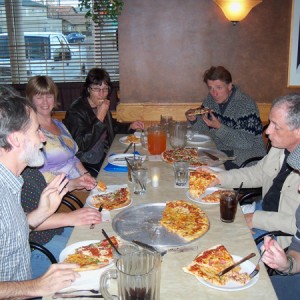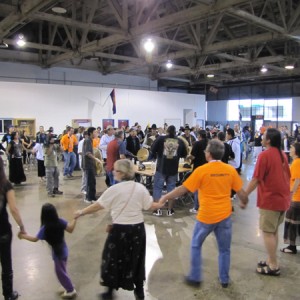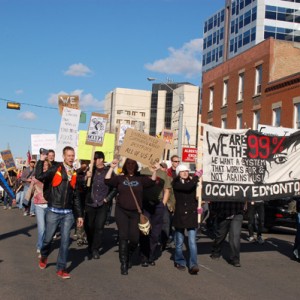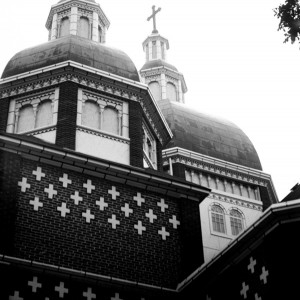The Departed in Zimbabwe
The very first honour that we give to our departed, particularly if they were an influential member of the family or community, is that they are transformed into good individuals through their death. We actually have a saying that gives the same message as, “Do not speak ill of the dead.”
As a result of this belief, some people’s deaths may present a challenge if that person was difficult to live with, or was a criminal. What comes to mind now is the funeral of one man who was a very active member of a notorious house-breaking and burglary syndicate in Harare, Zimbabwe, where the bereaved family received great support from the “godfathers” of the organization. The big men would drive into his rural homestead for the duration of the funeral week, under cover of darkness and then leave just before dawn for Harare. On the day of burial, one colleague spoke highly about the “professionalism” of his friend, and to illustrate that, he produced the dead man’s tools of the trade: bolt cutters, various knives, and other contraptions that only they could identify (but no guns). He saw it fit for his departed comrade to carry his tools with him to the next world, and placed them reverently in the grave beside the huge, expensive casket. That man was buried with full professional honours from his colleagues.
This story (although not your typical example) serves to illustrate the extent to which words can be used to serve a belief system. At the core of the belief system is the role that is played by departed members in a family or community.
People who die do not really get removed from this world. They are believed to be forerunners who have one eye watching over those whom they have left behind, and another wanting to connect with those who have gone before them. After the rituals, they then qualify to be our intercessors who take messages from us to those who left before them. But we have to help them to get there in the first place by ceremoniously handing them over to the elders in the other world.
On the day before burial, the body is collected from the funeral home where it is washed and clothed. A church service is held in the funeral home chapel before body viewing. Then, the body is taken to the person’s home where it spends the night.
A church service precedes body viewing and then burial the following day. Forty days after burial, another church service is held to celebrate his or her life and that usually marks the end of the mourning period.
After a year or later, a ceremony that usually takes a whole weekend is held to hand over the spirit of the departed to their ancestors. The spirit is “collected” from the cemetery where it would have been roaming without guidance.
On the worldly front, this is the time when the remainder of the departed’s personal effects are shared and the living spouse gets to choose whether they want a new spouse from the remaining brothers (in the case of a man’s death) or sisters (if the deceased was a woman) of the dead individual. That ceremony is the subject of another story, but suffice it to say a lot of background work, some of which might not be that innocent, takes place at various levels of kinship.
Viola is a Zimbabwean writer/editor who immigrated to Canada. She lived in McCauley before recently moving to Yellowknife.


